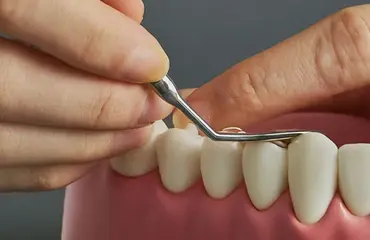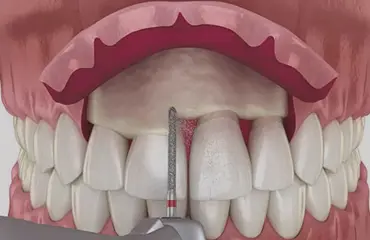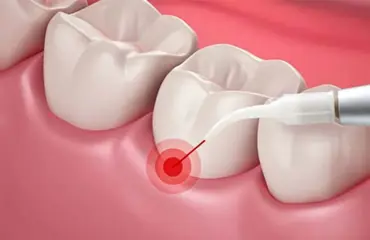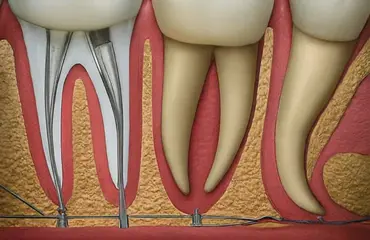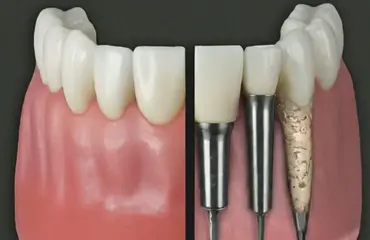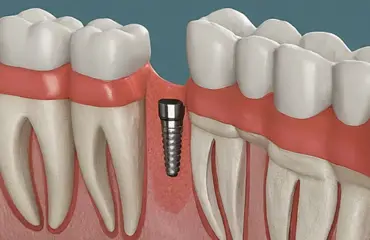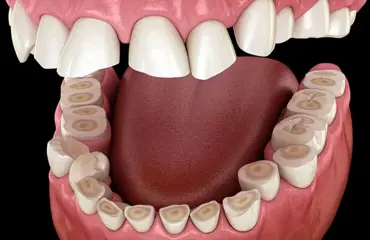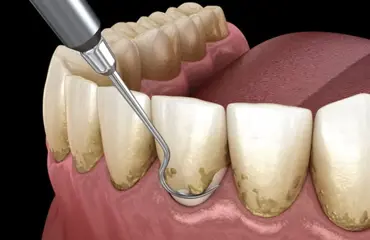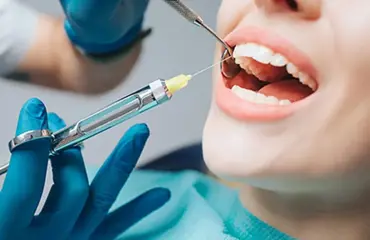We are committed to providing comprehensive care for gum disease. Our experienced team utilizes the latest techniques and technology to diagnose, treat, and manage gum disease, ensuring your gums and teeth remain healthy. Let us help you achieve optimal oral health and a confident smile.
Contact Us
Patient Testimonials
Your smile is our top priority—let's keep it shining!

Ray M.
Corona, CA
Everything was perfect. From the minute you walk in. Staff is friendly and very helpful.
Debbie E.
Riverside, CA
I spent an hour with Dr Hassan as he explained everything that needed to be done. Such a compassionate Dr. Very knowledgeable.

Brenda T.
Riverside, CA
Love the way they treat their patients during & after visits. Dr. Hassan shows concern & checks up on his patients!

Ken M.
Temecula, CA
My implants were done and i could not be happier... Dr. Mohamed Hassan is outstanding as well as his staff.
Jesse A.
Riverside, CA
Dr Hassan is a professional. Honest precise dialogue and easy to talk to. If so could give him more stars, I would.
Mendi H.
Riverside, CA
The office is probably the cleanest office I have ever been in. Dr. Hassan is the best! If I could give 10 stars, I would.

Gregory S.
Riverside, CA
Great team, and great doctor! Dr. Hassan did amazing work on my gum grafts. I highly recommend him.
Jo C.
Riverside, CA
Great group! Professionals and friendly. Office is clean, parking is easy and close. Care was excellent!

Brooklyn B.
Riverside, CA
Riverside is so lucky to have Dr Hassan. He’s an excellent periodontist.

T. Carol
Riverside, CA
I rated them 5 stars because they are the best that I ever experienced! The staff are AMAZING and Dr. Hasan is the BEST!

Randy S.
Riverside, CA
I've just found my new Periodontist. Professional, nice ambience, friendly staff, no nonsense explanations, no sales pitch... Just a great experience overall.

Cnarise J.
Riverside, CA
Dr. Hassan staff is extremely caring and professional. I would highly recommend them to every and all whom I know.








